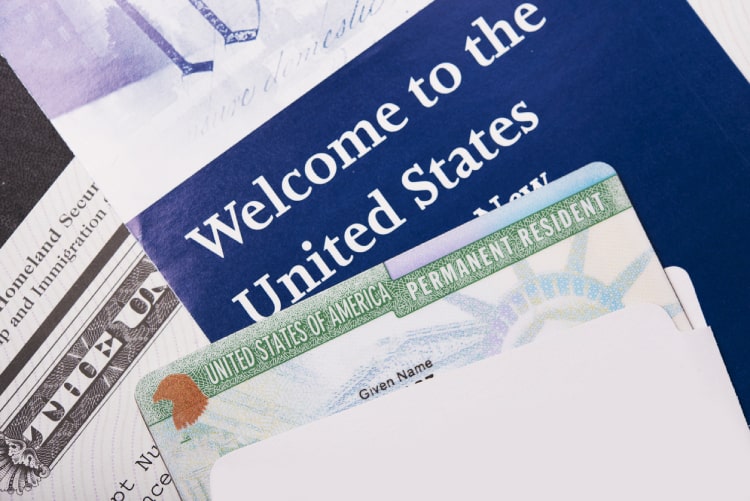U.S. immigration law confuses many individuals looking to enter or remain in the United States. One area that often causes confusion and anxiety is activities that may indicate a possible violation of status or conduct inconsistent with one’s visa status. This blog post covers vital aspects of status violations and inconsistent conduct, shedding light on what these terms mean, the implications of such violations, and how individuals can address them.
Key Highlights
- Inconsistent Activities and Misrepresentation: Individuals who engage in activities inconsistent with the representations made during their visa application or admission into the U.S. might face scrutiny. However, not all inconsistencies automatically imply misrepresentation during application or admission.
- The 90-Day Rule: Conduct inconsistent with one’s nonimmigrant status within 90 days of admission to the U.S. can lead to a presumption of willful misrepresentation. This includes unauthorized employment, enrolling in unauthorized studies, marrying a U.S. citizen or LPR and taking up residence, or engaging in activities requiring a status change without obtaining it.
- Rebuttal Process: Individuals accused of misrepresentation based on status violations can refute these findings. They must convincingly demonstrate that their original intentions were consistent with their nonimmigrant status.
In-Depth Analysis
- Misrepresentation and Status Violations: It is crucial to understand that engaging in activities not aligned with one’s visa status does not automatically equate to misrepresentation. The U.S. Department of State requires direct or circumstantial evidence that meets the “reason to believe” standard to establish misrepresentation. This means there must be more than mere suspicion—evidence akin to probable cause is necessary.
- The Critical 90-Day Window: The 90-day rule is a guideline used by immigration officers to assess the intent of nonimmigrant visa holders. If an individual engages in conduct inconsistent with their visa status within this timeframe, it may be presumed they misrepresented their intentions. This presumption is not irreversible; the individual has a chance to present evidence to the contrary.
- Addressing Presumptions of Misrepresentation: If faced with a presumption of misrepresentation, individuals have the burden of proof to demonstrate their intentions aligned with their visa status. This involves presenting factual evidence that supports their case, including documentation and verbal testimony.
- After 90 Days: Violations or inconsistent conduct occurring more than 90 days after admission do not automatically lead to a presumption of willful misrepresentation. In these instances, a more traditional analysis is applied to determine if there was a misrepresentation regarding the purpose of travel.
Conclusion
Understanding US Immigration, especially regarding status violations and inconsistent conduct, requires a thorough understanding and careful consideration. For individuals facing these challenges, it’s advisable to consult with an immigration lawyer who can provide guidance tailored to their specific circumstances.
Subscribe to Our Resources Blog
Schedule a Consultation with an Immigration Lawyer
Citations
We Can Help!
You may have questions regarding the 90-day rule in U.S. Immigration. We invite you to contact our team at Richards and Jurusik for detailed guidance and assistance. We aim to provide the most accurate and up-to-date information to make your immigration process smoother and less stressful. The immigration lawyers at Richards and Jurusik have decades of experience helping people to work and live in the United States. Read some of our hundreds of 5-star client reviews! Contact us today to assess your legal situation.







